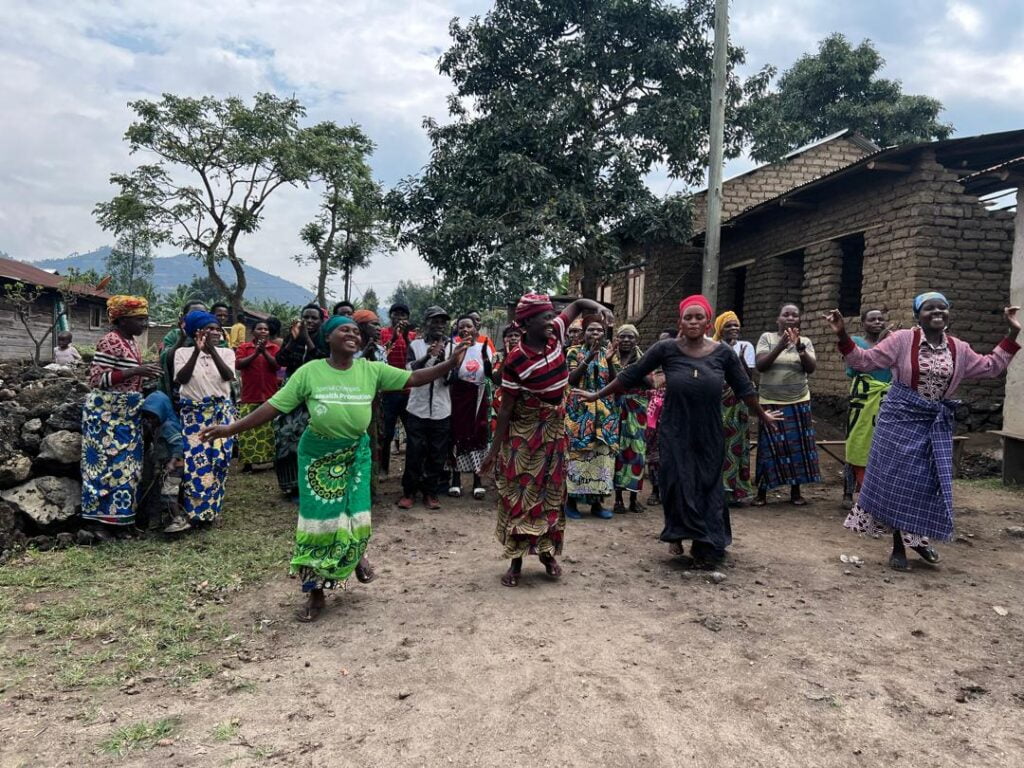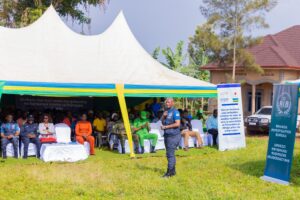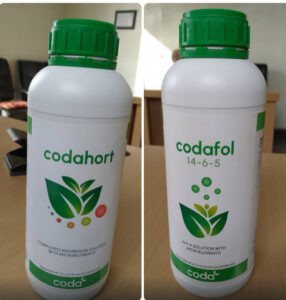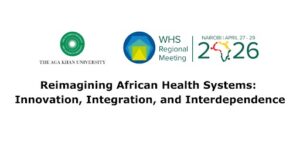By Elie Mutangana.
Stanislas Habitegeko’s one night in November 2007 was a nightmare and sometimes he fails to explain the tragedy happened that night due to its magnitude. Habitegeko, 54, a father four and two grandchildren is a member of families recognized as Historically Marginalized People (HMPs), who before 2007 were living in areas near the Gishwati natural forest located in Rubavu District.
The families were relocated to Cyanzarwe sector (the same district) in 2009, as a move by the government of Rwanda to rescue the families from the disasters prone as well as paving ways for environment and wildlife conservation.
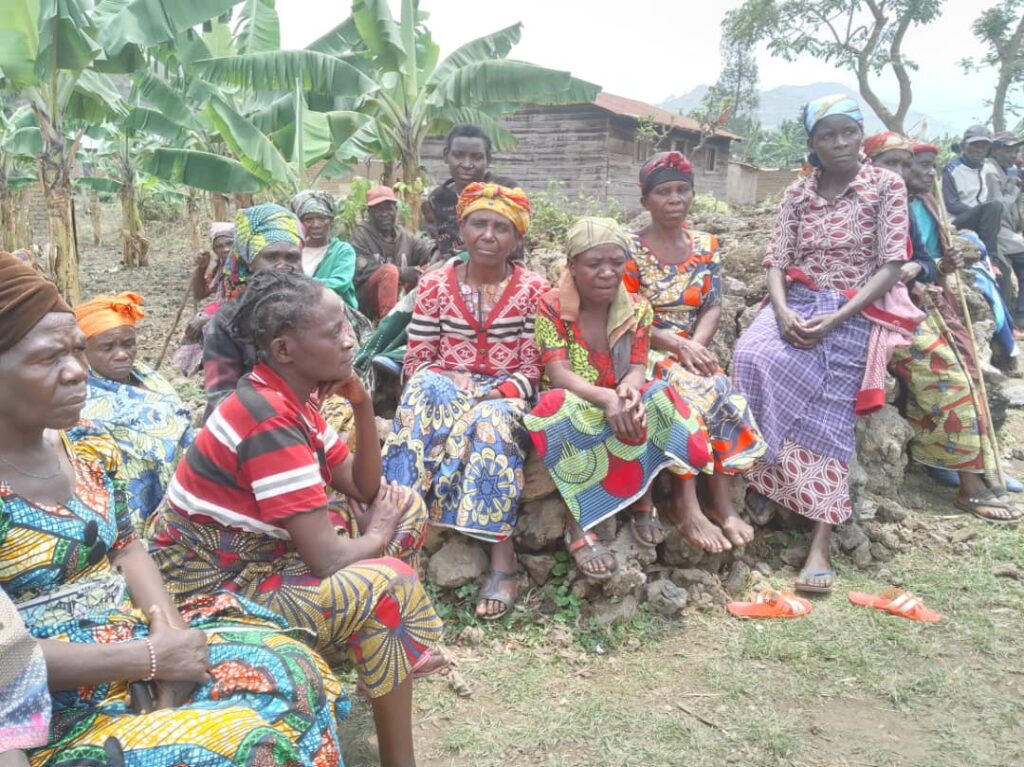
The families are now safe from disasters upon the relocation from high risk areas.
During a field trip to the families organized by Minority Right Group (MRG), an organization working closely with different minorities and indigenous people worldwide, the families recounted a devastating story of calamities that ruined their life in the areas before the relocation.
The members recall the unprecedented heavy storms that could wreak havoc, leading to floods and landslides. The catastrophic disasters severally took countless lives of member of the families and destructed their properties.
Habitegeko was in his youthful age when it happened. He reveals that the way it rained that time differed from the way it did before. He said his grandfather had never told him about such tragedies in the past years.
As years passed, the old man came to realize it was definitely the effects of climate change that were behind the crisis.
He narrates “They were storms that I had never seen before. My father was caught in flood and that’s how I lost him. It is obviously that climatic conditions have changed”.
The northwest region of Rwanda including areas of Rubavu district is steeply highlands that experience heavy rain fall and that usually leads to landslides and flood disasters.
According to Policy brief on Landslide risk Assessment and Mitigation published by Rwanda Environment Management Authority (REMA) in 2010, floods and landslide disasters are mostly fueled by issues of climate change.
The policy brief highlighted that the disasters have been accelerated by deforestation attributed to population density in the different parts of the country.
Since the government started to implement serious measures on forests and wetlands management, the HMPs families were much affected by the restrictions as they relied on forest and wetlands as source of living. In contrast, some of their activities were accused of degrading environment and biodiversity according to authorities.
“We used to rely on pottery and hunting to feed our families. When Rwanda started emphasizing the protection and restoration of wetlands and wildlife, some of our activities like pottery and hunting were prohibited”. Said Vedaste Bihoyiki an HMPs member, who in the past used to rely on pot making to live.
“Men could go to hunt meat in forest then ladies went house to other house in other remote villages with either pots or woven mats for sale or exchange of other foodstuff that we couldn’t grow”. Bihoyiki added.
However, according to members, the life in the area was so primitive and challenging as a result of various factors including natural calamities and wilderness.
Rwanda did not consider the families as indigenous which raised unfair compensation and expropriation when it is pushed the relocation of the families. In response, the government of Rwanda says it has adopted a series of measures to improve living condition of the population upon the relocation.
Currently, Rwanda’s divisionism law bans any kind of identification by ethnicity or origin. Meanwhile, the government has decided to recognize the family as the Historically Marginalized people, who need to integrated to society, enjoy the citizenship rights and contribute to the country’s economy.
Relocation for environment and wildlife conservation.
To rescue the HMPs families from high risk areas prone to climate change effects not only aimed to improve their life conditions but also to safeguard the environment and paving ways for conservation initiatives.
According to Rwanda Development Board (RDB), the decisions were taken in the framework of protecting the natural environment and wildlife.
These decisions included the relocation of all self-settled families including the indigenous HMPs. Specifically, the evacuation of the HMPs living in high risk areas out of Gishwati followed by plantation of forest in highly sensitive zone and demarcation and plantation of buffer zone around the remaining Gishwati natural forest.
Presently, Gishwati natural forest saw a facelift and is recorded as national park and biosphere. The expansion connected Giswati forest and Mukura forest together to make Gishwati-Mukura National forest.
The HMPs on the new land, social and economic integration.
When the families settled on the new land in Cyanzarwe, the life was quite challenging but the government and well-wishers’ organizations deployed help to ensure the wellbeing and safety of the families. Essential needs such as shelters, food and water were distributed to the families to improve the effective integration of the families into the society.
The critical aim was also to enhance the effective adaptation into the society.
“We were living in thatched hats. When we arrived on this land, we started sheltering in camps before the construction of timber-made houses. Each family was given a plot of land, given ownership and rights to build of its choice. We have clean water and even electricity. We are no longer wild. We are living with others and not alone as before.” Another member asserted.
He continued “The government also integrated us into different social economic programs such ‘Vision Umurenge Program (VIU’) and ‘Girinka’ for enabling us create our source of income and improve our living. Since the relocation, we no longer worrying about natural disasters as among our problems”.
However, though there is a significant improvement, the members still express concerns about their poor conditions and weak purchasing power owing to lack of specific intervention and support from the authority and the underlying social isolation.
“The piece of land we were given as compensation is too small to feed our families. It is so difficult to grow crops in this volcanic region as the soil surface is almost coved by the stone erupted by volcanoes. We also need access to jobs to make money, otherwise affording prices at the market will remain a constraint”.
The district authority has pledged specific intervention to assess problems facing HMPs settled in the area.
“We are aware of their problems yet their problems vary. It needs analysis before deploying solutions”. Said Prosper Mulindwa, Mayor of Rubavu District.

